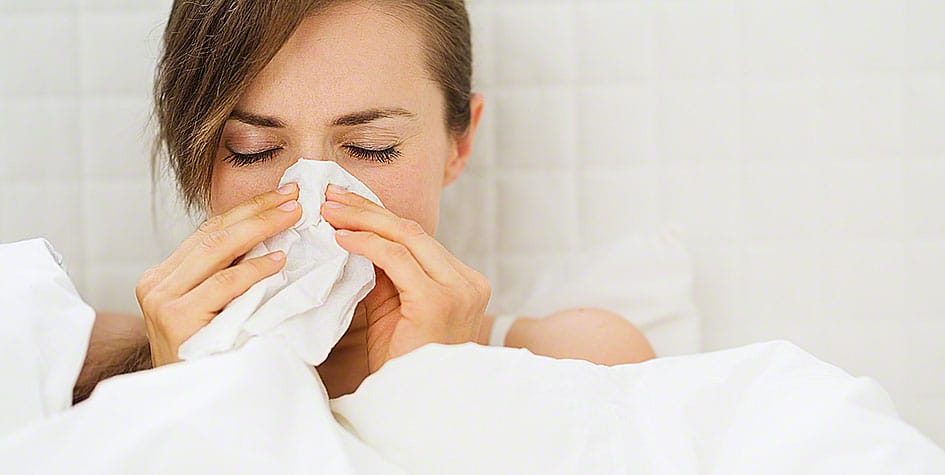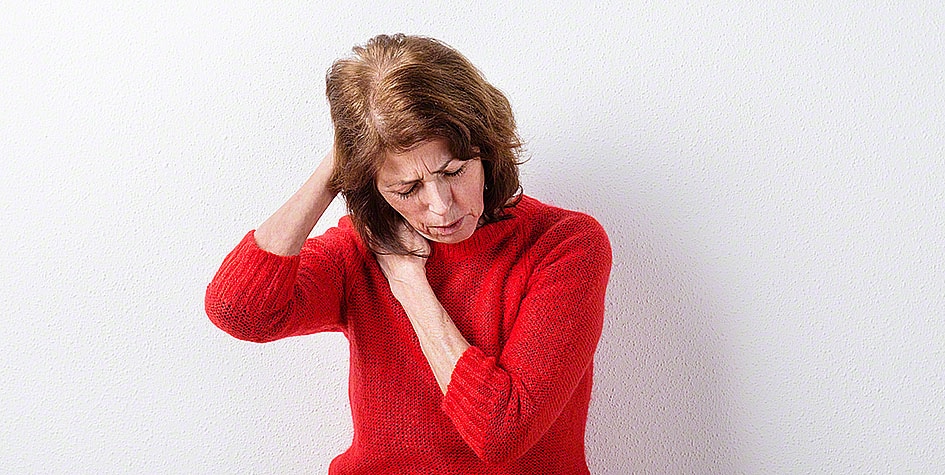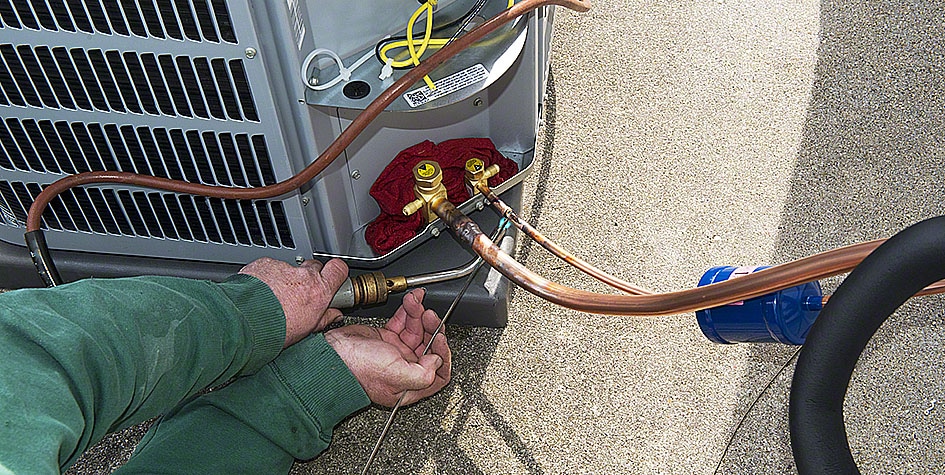Sinus allergies and infections can be a hard thing to deal with, but during the winter months, they seem to get even worse and you may need to see an allergy specialist. Here is everything you need to know about why it happens.
Dryness Is The Culprit
One of the main reasons why your sinus infections can be worse during the winter months is because of the lack of humidity in the atmosphere. Winters are usually very dry and your sinus infections can worsen in the dry weather.
This is because your mucus lining needs a lot of moisture in order to keep sinus infections at bay, but when there is no moisture in the air, it can irritate the lining of your nose and this can lead to severe sinus infections and swelling in the morning when you wake up.
This is why you need to ensure that your mucus lining is hydrated even during the winter, with nasal sprays and other things.
Dust Is Everywhere
With the lack of humidity in the winter months, there is also a lot of dust. Humidity tends to settle the dust down, but where there is a lot of dryness and cold, then the dust will also be prevalent. Dust can also irritate the mucus lining and it can lead to sinus infections of the worst degree.
Therefore, it is recommended that you keep dust at bay with air purifiers and filters so that none of it can reach you and your mucus lining. You can also avoid dust by keeping your surroundings clean and by closing the windows.
The Climate Changes
During the winter months, the atmospheric pressure can also change and this can lead to an increase in pressure in the already constricted sinus. The change in atmospheric pressure also leads to fog and mists. This can cause a lot of irritation and pain in the area under your eyes and around the nose.
So, you should be extremely careful when winter hits. You don’t want to aggravate your sinus infections because of these uncontrollable factors, so it’s better to be safe than sorry. Make sure that your surroundings are at an optimum pressure level, so you don’t feel the change too much, even when the winter begins.
Symptoms Of Sinus Infections In Winter
Here are some common but alarming symptoms of sinus allergies and infections:
- You will feel immense pressure in the area around your nose and right under the sockets of your eyes.
- You will experience breathing difficulty, especially in the morning.
- Sneezing will be continuous.
- There also might be a discharge through the nose and it can be clear or green, in case of a bacterial infection.
- You will also feel extreme headaches in the morning.
How To Deal With Sinusitis And Sinus Allergies In Winter
Here are some things you can do to make sure that your winter goes by smoothly, without any severe sinus allergies and infections.
- Always have over-the-counter medication handy. You never know when sinus infection symptoms can hit and you might need them in sticky situations.
- Always have a nasal spray with you, either in your bag or in your car, to make sure that your nose is hydrated at all times. You might want to do this more frequently when the cold is too much to bear.
- Try to avoid sitting in a heater for too long, because this can make your nose and mucus lining extremely dry and can lead to severe sinus infections.
- Make sure that you have a humidifier at home so that you can moisten the air. This is going to help alleviate any symptoms of sinus infections you might get because of dryness.
- Take regular steams to avoid nasal congestion. This will work wonders for your poor sinus.
- Along with humidifiers, make sure that you have air purifiers at home too. The efficiency of air purifiers will be maximum if you change the filters out frequently, especially if it’s super windy where you live.
Conclusion
There you have it! Sinus infections are bothersome and now you know why they seem to be more aggravated during the dead cold of winter. If they are bothersome, visit an allergy clinic Germantown for treatment.
Topics #allergy specialist #causes of sinus problems in winter #sinus allergies in winter #sinus infections in winter #symptoms of a sinus infection











